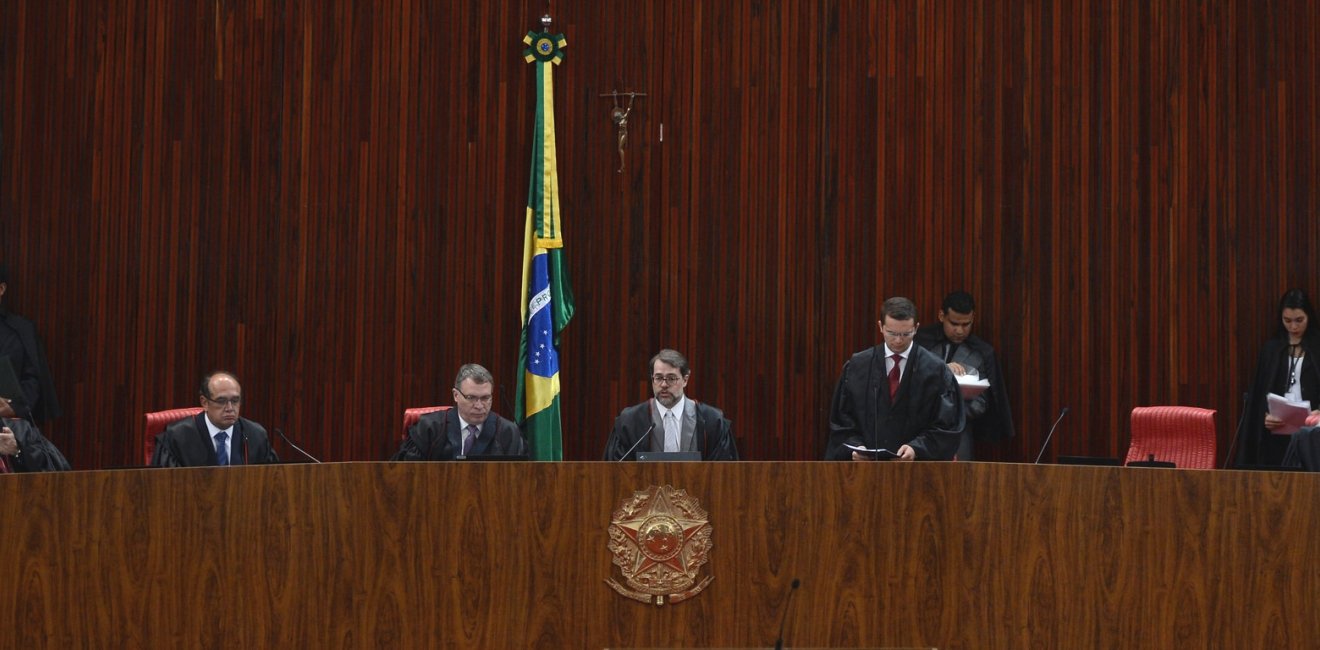
A blog of the Brazil Institute

Carnival this year offered revelers a glittering but temporary escape from Brazil’s political and economic woes. The confetti had barely settled in the streets on Wednesday before new details emerged in the ongoing investigation of corruption at construction conglomerate Odebrecht.
In a March 1, 2017 deposition before the Brazilian Superior Electoral Court, former CEO Marcelo Odebrecht reportedly testified that his company donated R$ 150 million ($48 million) under-the-table, or "Caixa 2" to the reelection campaign of President Dilma Rousseff. He alleged, according to reports, that Rousseff was aware of the donation amounts. Odebrecht further stated that he had met with current President Michel Temer in 2014 (who was then vice president under Rousseff) but denied that Temer presented a request for support or discussed actual numbers. Former President Rousseff categorically denied any wrongdoing in responding to the allegations on March 2. Temer had acknowledged meeting Marcelo Odebrecht and reiterated previous statements on the legality of his actions.
The Superior Electoral Court (TSE) will hear oral testimony from four more Odebrecht executives in the coming days as it investigates whether the 2014 Rousseff-Temer campaign accepted or solicited illicit donations. If the Superior Electoral Court finds compelling evidence, it could recommend voiding the results of the 2014 presidential elections, resulting in the removal of Temer from office and the appointment of a new president by Congress until the 2018 elections. A final decision on the case is not expected for months and may be still pending by the time Temer's term expires in December of next year.
These most recent depositions follow closely on the heels of Odebrecht’s plea deal with Brazilian, U.S. and Swiss authorities in December 2016 and the Brazilian Supreme Court’s subsequent approval in January of written plea bargain testimonies from 77 company executives. Public Prosecutor Rodrigo Janot is expected to ask the Supreme Court to release the testimonies to the public in the coming weeks.
The Odebrecht testimonies are expected to contain some of the most politically sensitive allegations to date in an investigation that has already implicated dozens of high-level politicians and business leaders in Brazil and abroad. Part of the Lava Jato Operation—an investigation into corporate and political corruption stemming from the 2014 discovery of a multi-billion dollar kickback scheme housed in state-owned energy giant Petrobras—most analysts believe the Odebrecht plea bargain could bring down figures at the highest levels of executive and legislative branches.
Yet the revelation of the reach and depth of corruption in Brazilian politics and business has also sparked a national debate on the rule of law and impunity in Brazil. One key issue coming under new scrutiny is the special right granted to high-level political figures called foro privilegiado: the right to be tried only by the Supreme Court. In practice, this privilege has complicated efforts to hold politicians charged of corruption to account as the constitutional court is not equipped to handle criminal trials. Popular outrage over the ongoing scandal has fueled massive voters support for the investigations and created pressure limit foro privilegiado to the heads of branches of government; and many members of the Brazilian legal system—judges, prosecutors, and defense attorneys alike—are calling for reform.
As part of the Brazil Institute's ongoing effort to promote dialogue on the rule of law in Brazil, we translated into English a recent interview given by laywer Theodomiro Dias Neto, who coordinated Odebrecht's long and exhaustive negotiation process with the Lava Jato Task Force.
To read his interview, click here.
Image by Agencia Brasil/Flickr
Author

Senior Director, Albright Stonebridge Group
Explore More in Brazil Builds
Browse Brazil Builds
They're Still Here: Brazil's unfinished reckoning with military impunity


